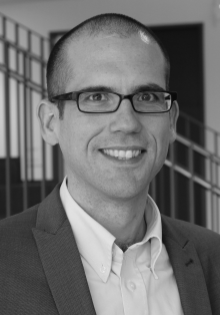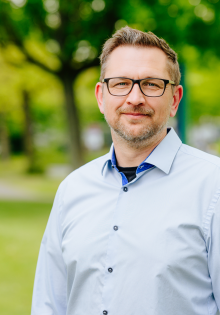Nothing to laugh about, but reason for hope
"In order to defy climate change, we need new approaches for the reduction of greenhouse gases," says Prof Dr Jan Paradies from Paderborn University. Together with his team, the chemist has now come a big step closer to this goal. The scientists have succeeded in decomposing the ozone-depleting nitrous oxide into harmless components using metal-free catalysis and at low temperatures. The results were published in the internationally renowned "Journal of the American Chemical Society".
"Nitrous oxide is one of the most potent ozone-depleting substances and has a global warming potential 265 times higher than CO?. It causes around six per cent of global warming and is used in agriculture, industrial and medical processes. Since the industrial revolution, its concentration in the atmosphere has risen by 20 per cent. In view of these environmental impacts, there is a great need for research into new and efficient degradation methods," explains Prof Paradies.
The researcher team, consisting of doctoral candidates Rundong Zhou and Viktorija Medvaric as well as Prof. Dr. Thomas Werner and Prof. Paradies, has proven that the transfer of the oxygen atom from the nitrous oxide to the phosphorus atom of the catalyst works particularly easily. This means that only harmless nitrogen remains from the greenhouse gas, which can be used for fertilisers in agriculture, for example, after further conversion. The new phosphane-oxygen compound can then be returned to its original state by reacting with a silane, i.e. a special chemical compound containing silicon and hydrogen, so that it can be used again and again. This creates a catalytic cycle.
To the paper: https://pubs.acs.org/doi/10.1021/jacs.5c06190
This text was translated automatically.





